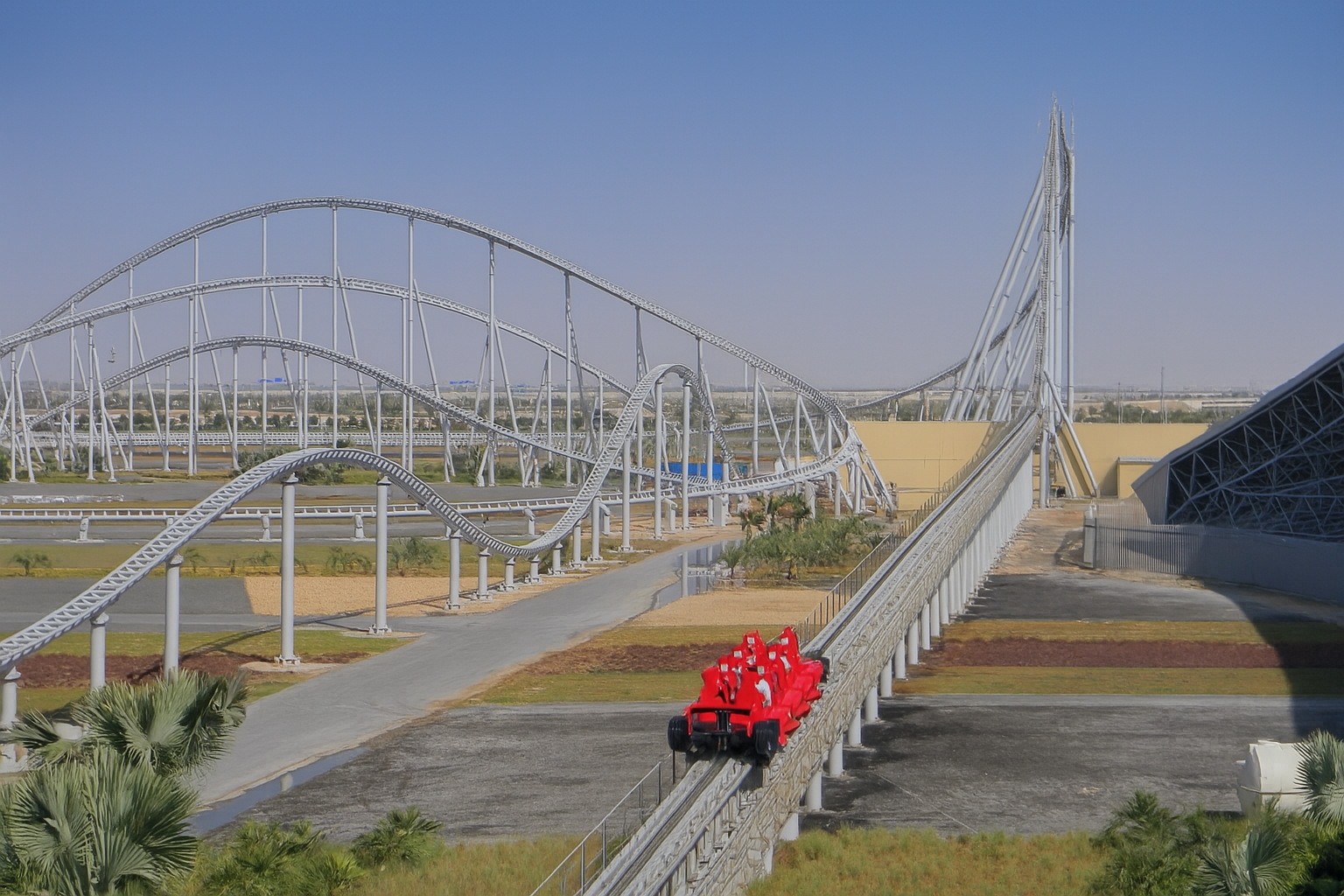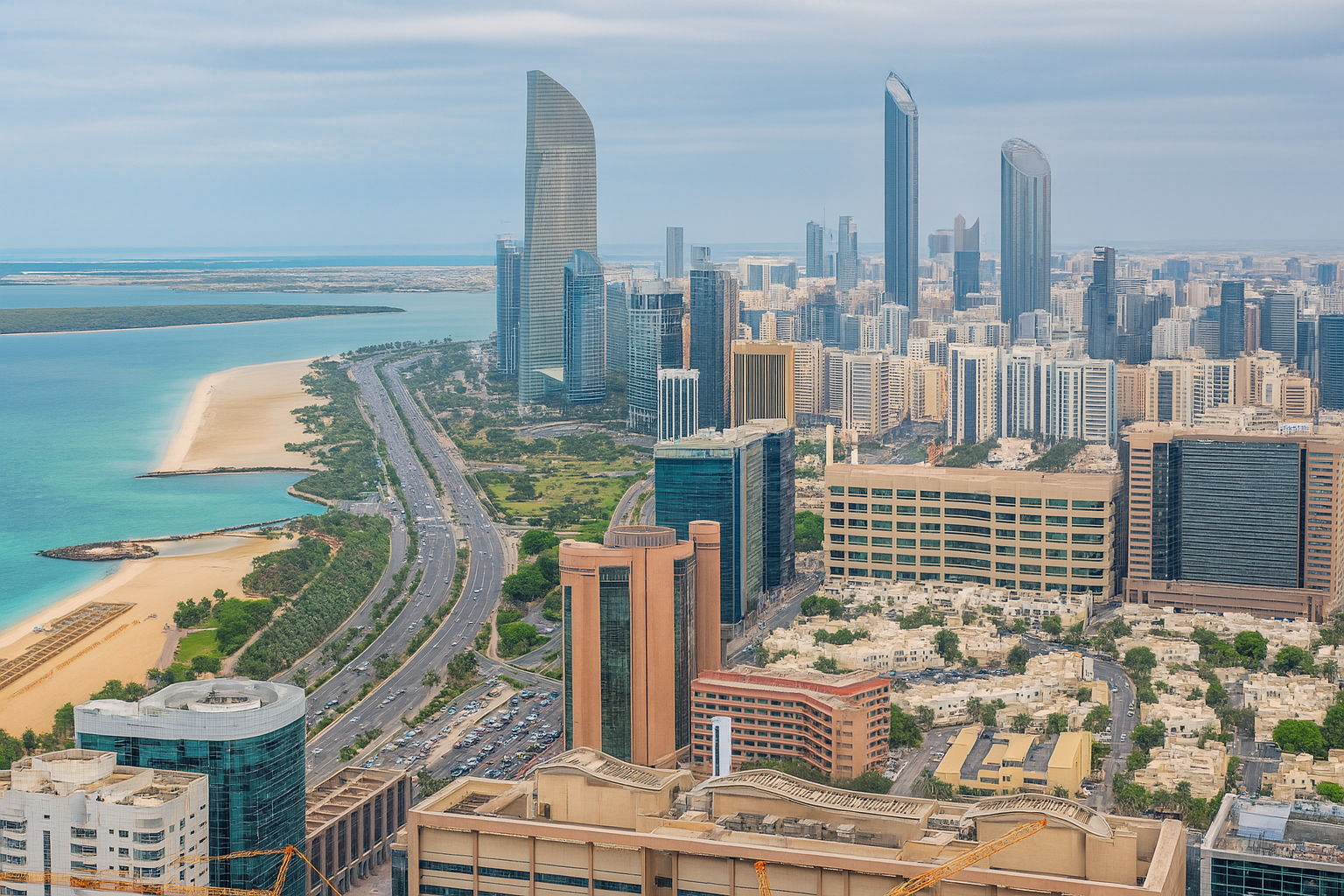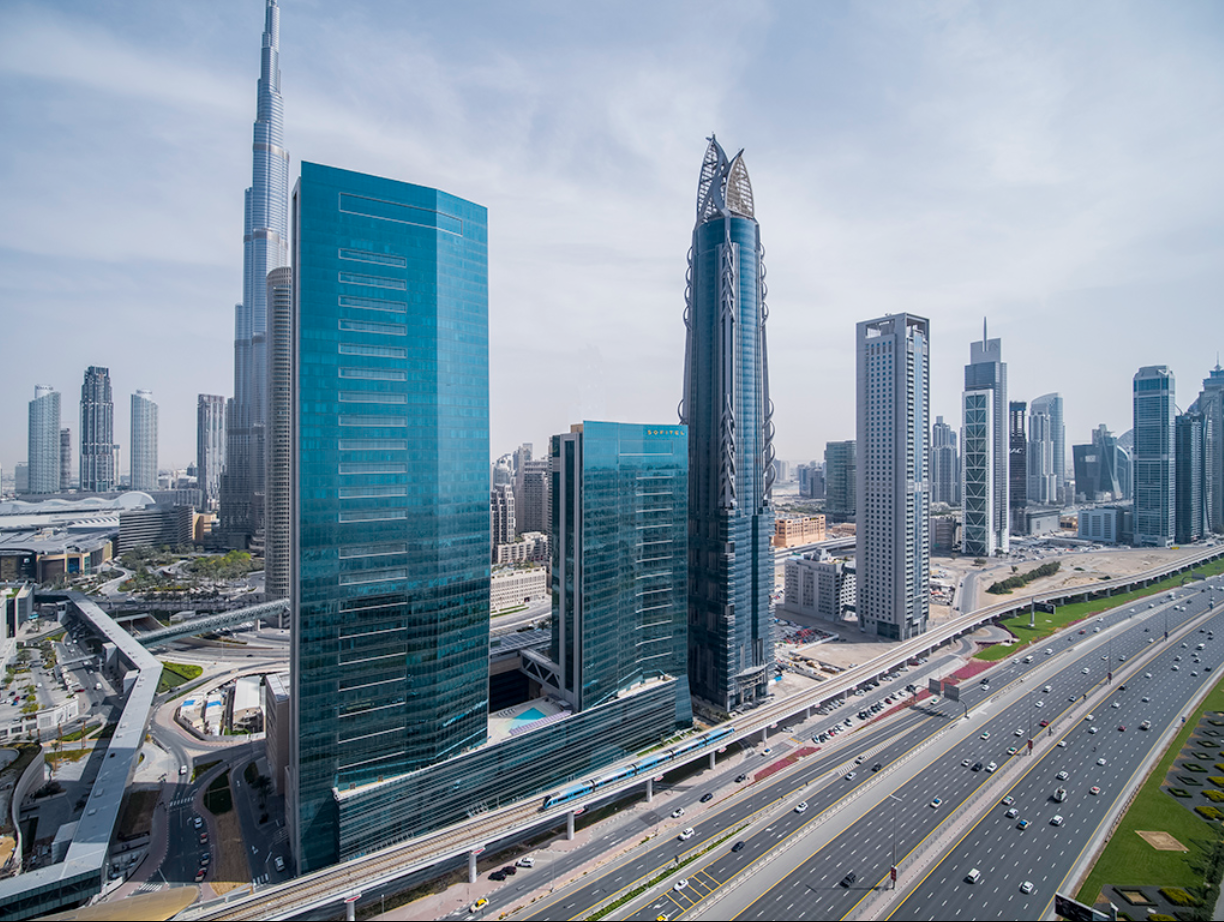The Rise of Experiential Licensing in the Middle East

A high-speed roller coaster ride at Ferrari World in Abu Dhabi
In today’s rapidly evolving licensing landscape, one thing is clear: passive brand engagement is no longer enough. Consumers—especially younger audiences—crave experiences that are interactive, emotional, and shareable. This shift has given rise to experiential licensing—a powerful strategy that turns intellectual property (IP) into immersive, real-world adventures.
As someone deeply involved in helping global brands expand into the Middle East, I’ve seen firsthand how experiential licensing is redefining how IP is introduced, consumed, and loved in the region. From family attractions to tech-powered installations, the Middle East is proving to be a fertile ground for innovation in this space.
Why Experiential Licensing Matters Now
Experiential licensing transforms traditional brand assets—characters, art, narratives, and designs—into physical and emotional experiences. Whether through themed attractions, pop-ups, immersive shows, or edutainment zones, brands are finding new ways to engage audiences, drive revenue, and deepen loyalty.
Post-COVID, there’s been a global resurgence in demand for in-person experiences. Audiences want more than just content on a screen—they want to be inside the story. Brands are responding by expanding into experiential spaces, and nowhere is this momentum more visible than in the Middle East.

Abu Dhabi’s skyline rises, blending modern skyscrapers with serene coastal beauty.
The Middle East: A Unique Market for Immersive IP
Governments across the region—especially in the UAE and Saudi Arabia—are investing heavily in leisure, entertainment, and creative industries as part of long-term economic diversification strategies like Saudi Vision 2030 and the UAE’s National Strategy for the Cultural and Creative Industries. This shift makes experiential licensing not just viable, but strategic.
Major global IP owners are now betting big on this region:
- Disney announced a new theme park in Abu Dhabi, marking a historic first—the brand’s first full-fledged theme park in the Middle East. This isn’t just a commercial move; it’s a reflection of Abu Dhabi’s growing clout as a hub for family entertainment, cultural tourism, and immersive storytelling. With year-round tourism, strong infrastructure, and government backing, Abu Dhabi offers the ideal platform to bring Disney’s global brand to life in a culturally nuanced and operationally sustainable way.
- Other IP-driven ventures like Warner Bros. Ferrari World Abu Dhabi, and SeaWorld Yas Island are not only succeeding but expanding, highlighting the demand for culturally tailored, immersive experiences.
Why Abu Dhabi?
Disney’s decision to enter the Middle East via Abu Dhabi wasn’t random—it was strategic:
- Infrastructure & Investment: Abu Dhabi’s Yas Island is already home to major attractions and offers world-class infrastructure to support global-scale entertainment ventures.
- Audience Readiness: With over half the population under 30 and one of the highest social media engagement rates globally, the UAE offers a digitally savvy, experience-hungry audience.
- Government Vision: Abu Dhabi’s leadership has prioritized tourism and creative economy development, ensuring streamlined regulations and strategic incentives for IP owners.
- Cultural Alignment: Disney’s emphasis on family-friendly content fits seamlessly within the region’s values and aspirations for edutainment and cultural enrichment.
What IP Owners Should Consider
For global IP owners considering expansion into the Middle East through experiential licensing, here are five strategic considerations:
- Localization with Respect: Maintain your brand’s essence while adapting visuals, storytelling, and messaging to the region’s cultural values.
- Choose the Right Partners: From venue operators to event promoters, local partnerships are critical to navigating regulations and consumer expectations.
- Invest in Storytelling: Experiences succeed when they carry a strong narrative arc. Don’t just display your brand—invite your audience into it.
- Think Beyond Tickets: Revenue can come from branded merchandise, workshops, digital tie-ins, F&B partnerships, and more.
- Build for Scalability: Consider modular experiences that can travel across cities—from Jeddah to Doha—expanding reach while managing costs.
Final Thoughts
The future of brand licensing in the Middle East isn’t just about putting logos on merchandise—it’s about bringing stories to life in ways that resonate with local culture and global ambition.
Experiential licensing is not a trend—it’s the new gold standard.
If you’re an IP owner, brand manager, or content creator ready to bring your brand to life in the Middle East—now is the time. With the region’s growing appetite for immersive entertainment and proven readiness to host world-class IPs, the opportunity is both timely and transformative.
Let’s connect—the market is ready, and the future is immersive.
